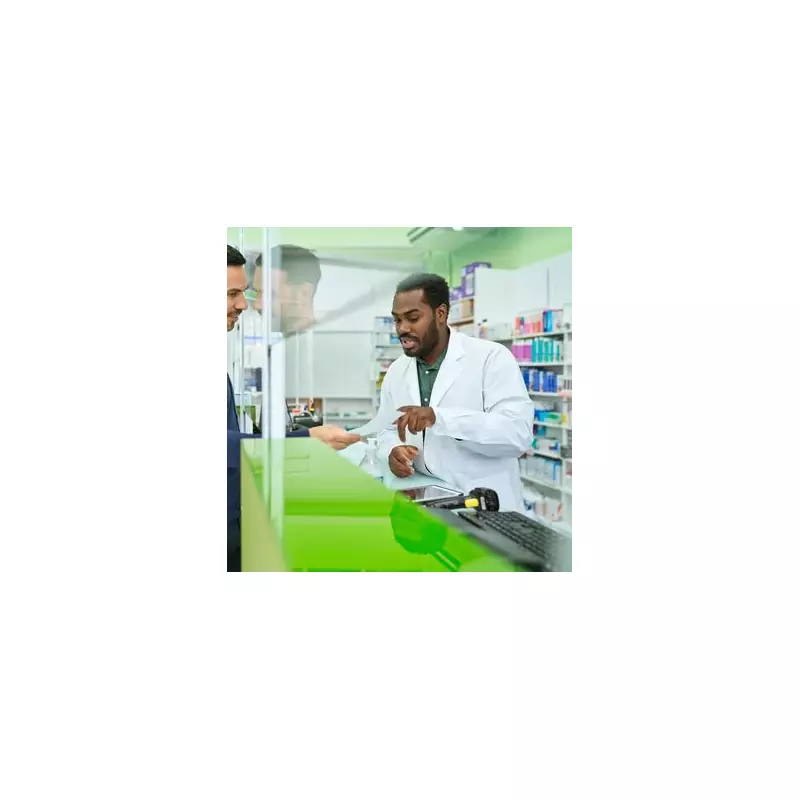
The number of prescriptions dispensed by the NHS in England has surged to a new high, with recent data confirming a significant year-on-year increase. This trend highlights the growing reliance on community pharmacies and raises important questions about who is eligible for free support.
Who Can Claim Free Prescriptions?
According to the NHS Business Services Authority (BSA), a wide array of people across the UK can receive their medication without charge. It is, however, the patient's responsibility to confirm their eligibility before claiming.
The primary groups entitled to free NHS prescriptions include individuals who are:
- Aged 60 or over.
- Aged 16 and under.
- Aged between 16 to 18 and in full-time education.
- Pregnant or have had a baby in the previous 12 months and hold a valid MatEx certificate.
- An NHS inpatient.
Furthermore, eligibility extends to those who claim certain benefits, such as Income Support, income-based Jobseeker's Allowance, income-related Employment and Support Allowance, Pension Credit Guarantee Credit, or Universal Credit (where specific criteria are met). This also applies to their partners and dependants under the age of 20.
Free Prescriptions for Medical Conditions
Individuals diagnosed with specific, long-term medical conditions can also access free medication by obtaining a Medical Exemption Certificate (MedEx). This credit-card-sized card is valid for five years and is issued to patients with the following conditions:
- Cancer, including effects of cancer or its treatment.
- A permanent fistula requiring continuous surgical dressing or an appliance.
- Addison's disease or other forms of hypoadrenalism.
- Diabetes insipidus or other forms of hypopituitarism.
- Diabetes mellitus (except where treatment is by diet alone).
- Hypoparathyroidism.
- Myasthenia gravis.
- Myxoedema (hypothyroidism requiring thyroid hormone replacement).
- Epilepsy requiring continuous anticonvulsive therapy.
- A continuing physical disability that prevents you from going out without help from another person.
To apply for a medical exemption certificate, you must request an application form from your GP. Once your doctor signs it to verify your eligibility, the certificate becomes valid from one month before the NHSBSA receives your form.
Rising Prescription Numbers
The latest official figures from the NHSBSA show that community pharmacies in England dispensed a staggering 1.16 billion prescriptions in the 2024/25 period. This represents a 4% increase from the previous year and continues a four-year consecutive upward trend in prescription volume.
While the NHS provides the medication, not everyone receives it for free. The cost depends entirely on an individual's personal circumstances, making it crucial for patients to verify their entitlement to avoid unnecessary charges.






